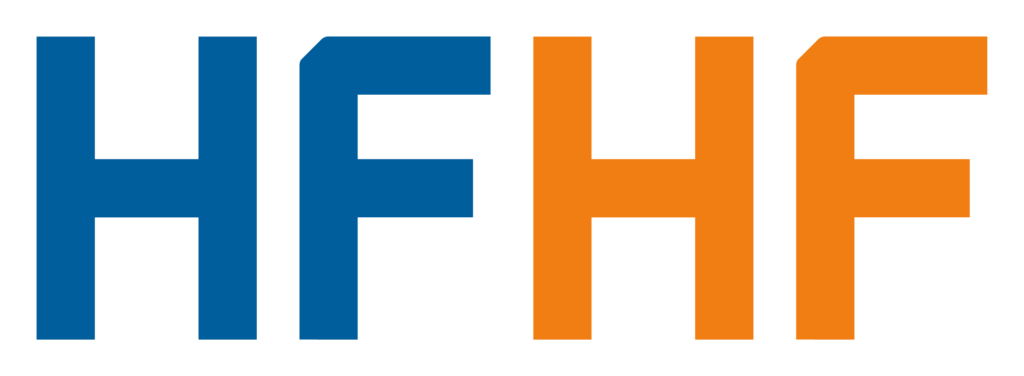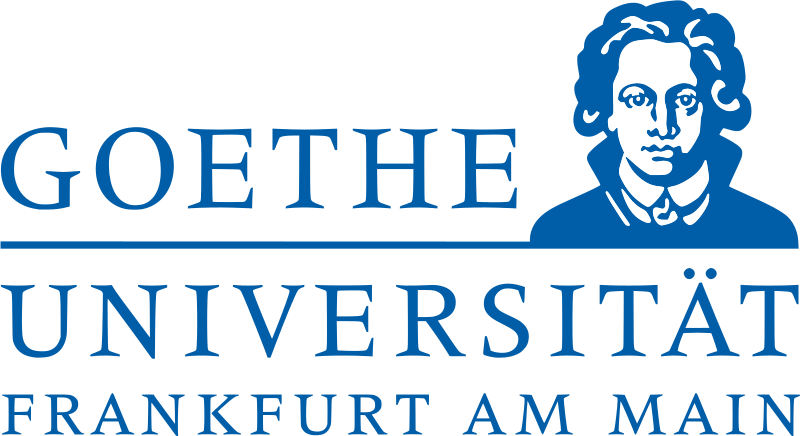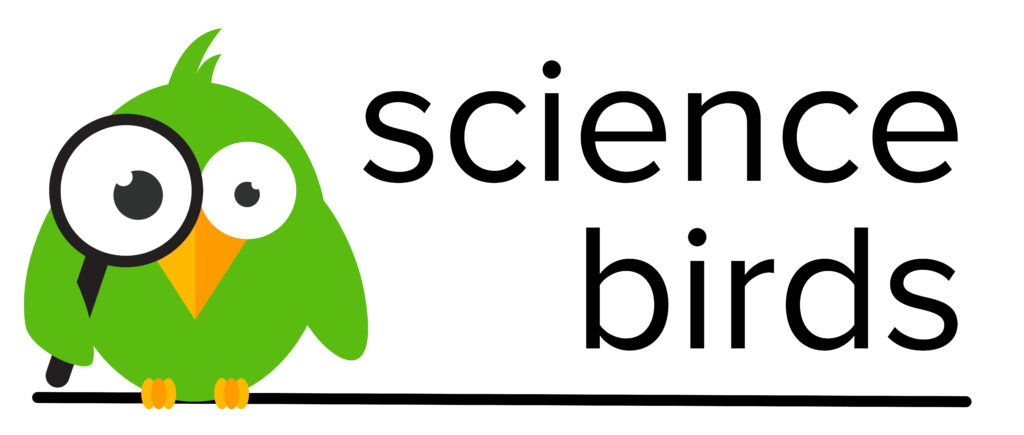
Frankfurt. July 2024. science. communicated!
So....
...why should you join?
In many current debates it is becoming increasingly difficult for science to make its voice heard. In times of so-called „alternative facts“ scientific results are sometimes even deliberately ignored or manipulated to gain advantages.
In the future, this social debate will become increasingly stronger and probably also more aggressive.
Many researchers are consciously withdrawing more and more from this discussion. There are certainly many reasons for this, but it ultimately leads to the debate being conducted less and less with empirically verifiable data and more emotionally charged, irrational and interest-driven in the long term.
The withdrawal of scientists from the discourse is largely due to a lack of time, knowledge and structures.
The European summer school brings together young scientists to give them an idea on how to communicate their science.
When?
Who?
Where?
How much?
Topics
The European Summer School on Science Communication combines input from experienced lecturers with practical exercises. You will create a couple of pieces of science communication, explore different formats and meet great people while doing so. Among others the following topics will be discussed.
After the school you participate in the workshop SCI-COM-E – the European Meeting on Science Communication. Here you can build your network and meet interesting people from various fields of science communication.
Program
The program starts Monday, July 22 at 9:00 and ends Wednesday, July 24 at lunch.
Then the SCI-COM-E starts, which will start right after lunch and go until Friday afternoon.
All students can join from Monday to Friday.
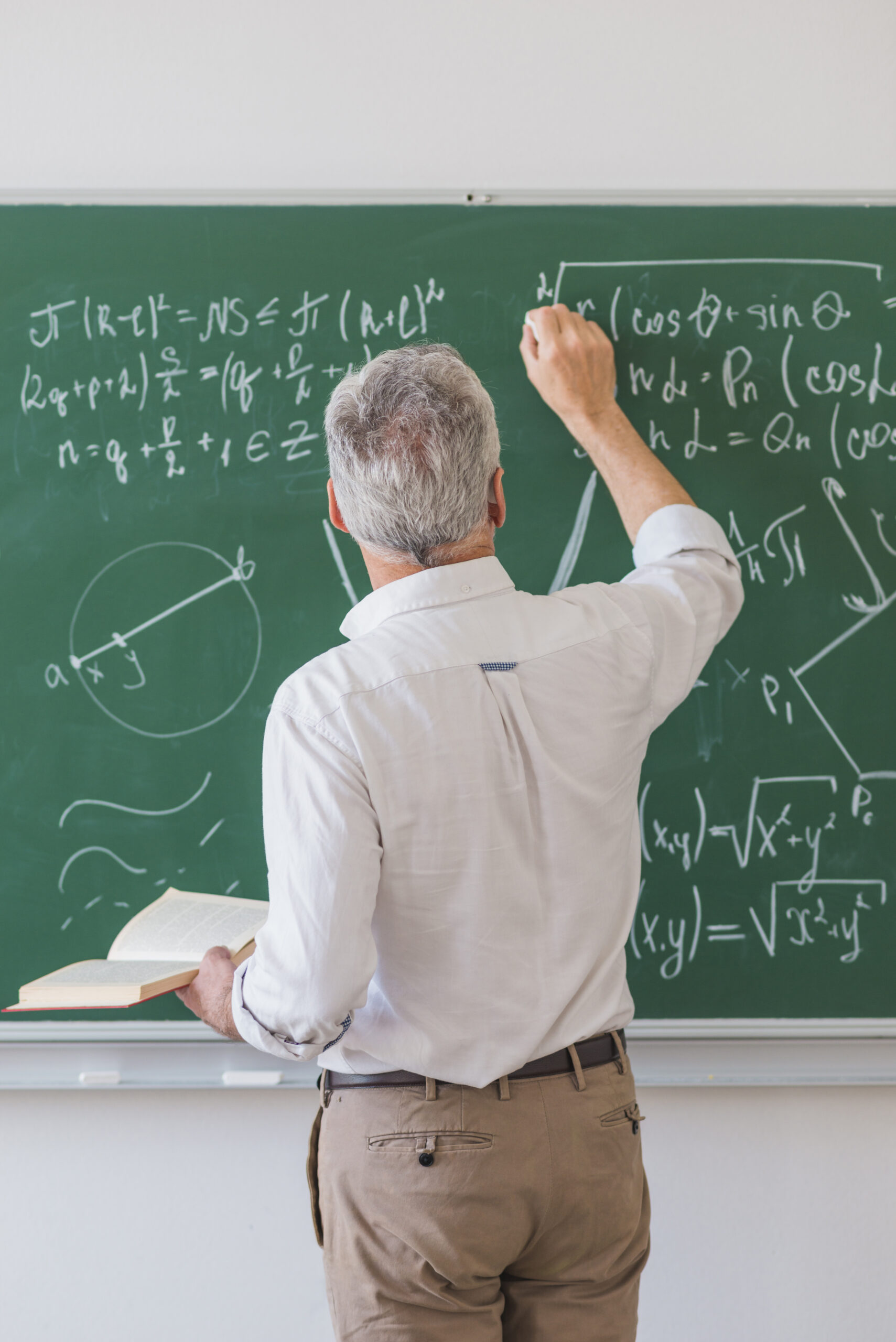
Lecturers
The lecturers will be announced shortly.
Testimonials



Venue
Address
Frankfurt Institute for Advanced Studies
Goethe University Frankfurt, Germany
Ruth-Moufang-Str. 1
60438 Frankfurt
Germany
contact@sci-com.org
Partners
The school would not be possible without the help and support of the partners.
